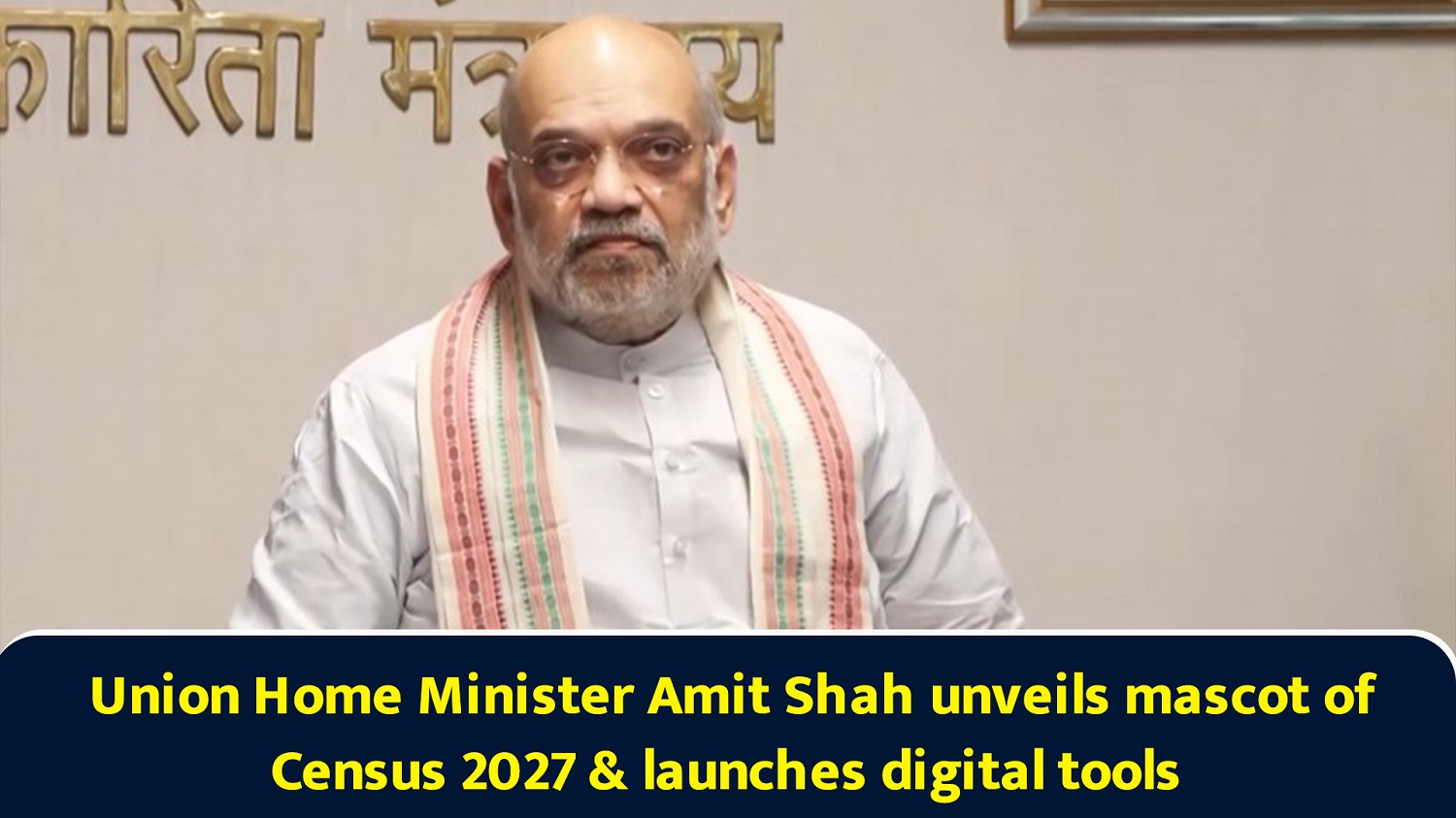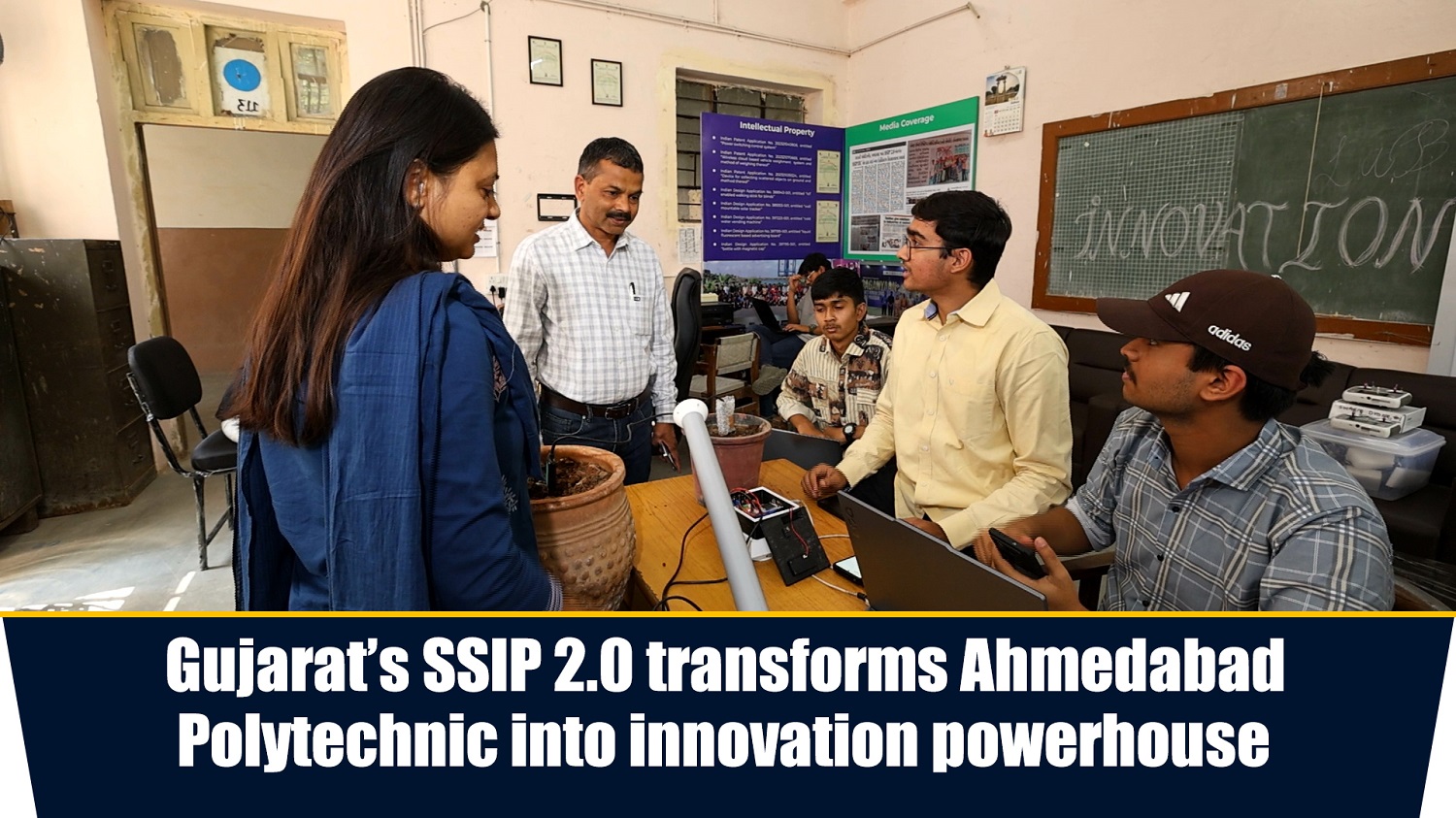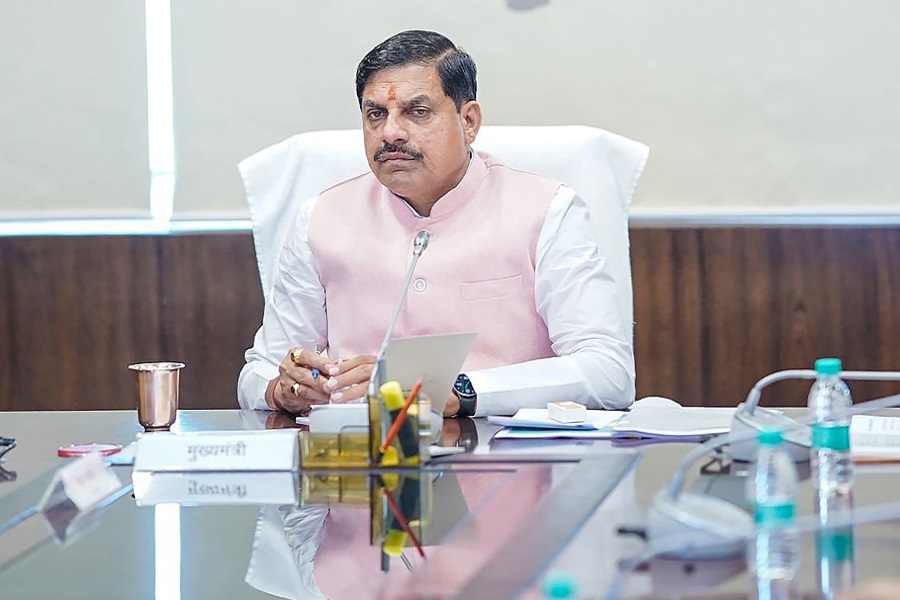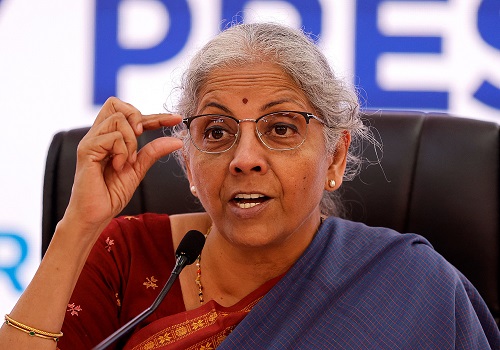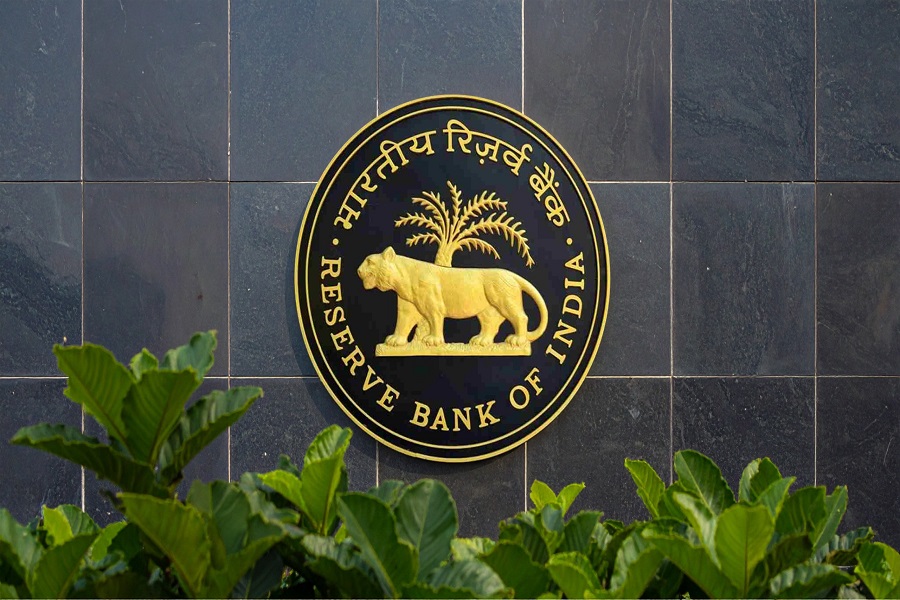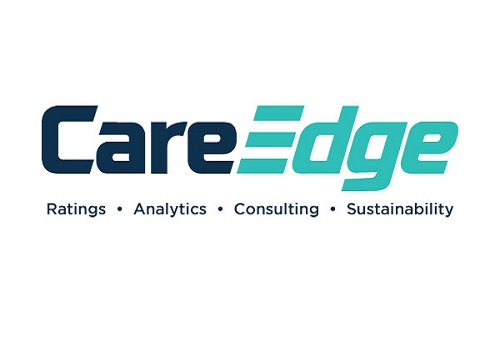Power Ministry comes out with draft bill to empower state regulators to revise tariff suo motto

The Power Ministry has come out with a draft bill which seeks to empower state regulators to revise tariff suo motto, sharing the distribution network by multiple discoms and exempting manufacturing, railways and metro from cross-subsidy. The proposed amendments to the Electricity Act, 2003, are aimed at ensuring affordable, reliable, and clean electricity for all while enabling a seamless and equitable energy transition. The ministry circulated the draft Electricity Amendment Bill 2025 on October 9, to seek feedback from stakeholders within 30 days from the date of issue. The ministry explained that despite major structural reforms under the Act, such as unbundling of utilities, competition, and open access, the distribution segment continues to face severe financial stress, with cumulative losses exceeding Rs 6.9 lakh crore. It pointed out that regulatory delays have further weakened the sector's financial viability, while cross-subsidy-induced high industrial tariffs have impacted industrial competitiveness and constrained economic growth.
The ministry stated that the State Governments will continue to have the flexibility to support specific consumer categories by providing advance subsidies on their behalf, ensuring that no consumer group is unduly burdened. Further, to prevent delays in tariff revisions, which often arise due to late filing of tariff petitions by utilities, it is proposed to empower State Electricity Regulatory Commissions to determine tariffs suo motu (on their own). This will ensure that revised tariffs are implemented from 1st April of each financial year, improving the overall financial discipline in the power sector. The draft bill also provides for allowing distribution licensees to supply electricity through either their own or a shared network, subject to applicable charges and regulatory oversight by the State Electricity Regulatory Commissions. At present, multiple licensees in the same area are required to maintain separate networks, leading to duplication and excess costs. The proposed amendments also aim to rationalise electricity tariffs, unlock demand, and reduce logistics costs, thereby strengthening the competitiveness of industries.
The ministry explained that a growing and competitive economy requires affordable and reliable electricity for industries, transport, and enterprises. However, the ministry explained that high industrial tariffs, cross-subsidies, and rising power procurement costs have weakened the competitiveness of Indian industry, particularly MSMEs. The bill also proposes to exempt Manufacturing Enterprises, Railways, and Metro Railways from cross-subsidy within five years. This measure will help lower transport and logistics costs, improve efficiency, and enhance India's competitiveness in global markets. The bill also proposes that State Commissions in consultation with State Governments may exempt Distribution Licensees from the Universal Service Obligation (USO) for consumers eligible for Open Access. At present, Distribution Licensees are bound by a Universal Service Obligation (USO) to supply electricity to all consumers, including those eligible for open access (i.e., above 1 MW). The bill also proposed to expressly empower the Central and State Governments to frame rules governing captive generation. This will provide a transparent and stable framework for industries to invest in self-generation and adopt cleaner, more efficient energy options.




